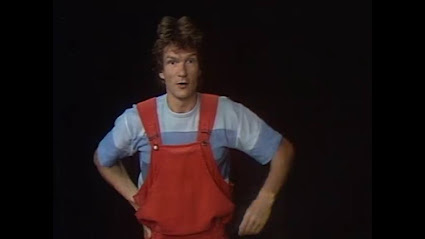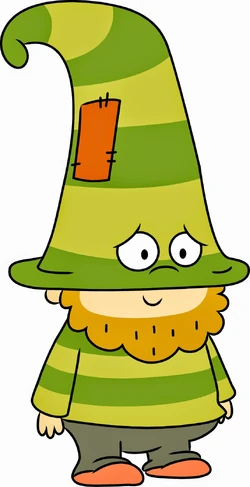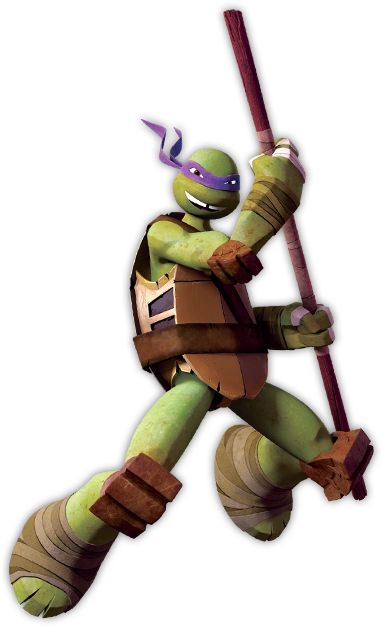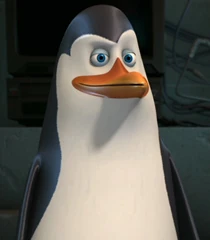Whenever I love a performance, I look into the actor's other work. And what an array of roles I've found from Joachim Kaps! From his voice acting roles, you wouldn't know that he was the German Patrick Swayze.
10. Algonquin C. Lumpus (German dub of Camp Lazlo)- The German dub of 'Camp Lazlo' is fairly decent, but it's got a good interpretation of Lumpus from Kaps.
9. Gus (German dub of Cinderella 3) Kaps is charming in the role, and although his voice is pitched up, you can tell it's him.
8. J. Thaddeus Toad (German dub of Disney's The Wind in the Willows) Kaps brings his melodic voice and lots of energy to the role. He hits every emotional moment perfectly, and is heartbreaking in the prison scene.
7. Tigger (German dub of Disney's Winnie the Pooh animations) What can I say? Kaps made Tigger his own, while copying Jim Cummings' lisp. He's a delight to listen to. He shows off his singing skills in the dub of 'The Tigger Movie' and excels in the film's comedic and dramatic moments.
6. Dummling (Sherlock Holmes und die Sieben Zwergen) Kaps hams it up like mad in this series, sometimes to annoying levels. However, at times he is adorable, especially in that shiny blond wig. He's sort of a Papageno figure in this fairytale journey.
5. Jacob Scribble (German dub of Wunschpunsch) Kaps gave a beautiful performance to Jacob, and a different interpretation to Harry Hill's. While Hill hammed it up, Kaps' performance was a little warmer and more personable, while still dignified. He's also a little more emotional.
4. Squidward Tentacles (German dub of SpongeBob, Season 9 onwards). After the incredible performance Eberhard Prüter gave, this was a tough act to follow, but Kaps gave an interpretation I grew to love just as much. While Prüter always had an air of dignity, Kaps was wacky and fun. Sometimes, like Prüter, Kaps would interpret an emotion the way it's supposed to be felt, instead of what was on screen. For instance, in 'Snooze, You Lose', he has Squidward's inner monologue sound tired instead of being suddenly angry and alert. His delivery was powerful by being subtle and natural. It's different, but far from wrong. Furthermore, without Squidward, I would neither have learned about Jacob, nor about the three I am about to discuss.
3. Hein Kruse (Familie Intakt). Hein is based on Peter Kruse from the 1973 teleplay 'Reizende Ferien', and although he's just as sexy, he's not as well dressed, which means he fits into the comfortable, homey environment of the series. He's a nice, easygoing guy, but somehow more exciting than the rest of the cast, who act like broad caricatures.
2. Hans-Günther Koch (Ferienheim Bergkristall). Hans-Günther also fits into his comfortable, homey environment, but he's a bolder dresser. I might even say he's a fashion icon. What makes Hans-Günther stand out is that he's an unsympathetic womaniser, and although he loves Susanne, he still cheats on her a lot. And yet he's not completely unlikeable, thanks to Kaps' charismatic performance. 'Ferienheim Bergkristall' is a very funny series, despite the fact that everyone in it hams it up to the max. Hans-Günther is only a little bit of a ham, which is refreshing, when placed alongside the likes of Alois and Mr. Oberpichler, for instance.
1. Achim (Brummkreisel). Unless you really did some research, you wouldn't realize that Kaps was a kids' TV host for a while. It's hard to describe 'Brummkreisel', but it's really just a series of random but harmless events, bookended by a spinning top (hence the name).
Achim is the perfect kids' TV host. He's colourful but not overbearing, and gentle but not boring. He's kind and patient, but far from a pushover, especially concerning his bossy buddy Kunibert. He's mischievous, but not mean. And he's a leader but knows how to compromise.






















